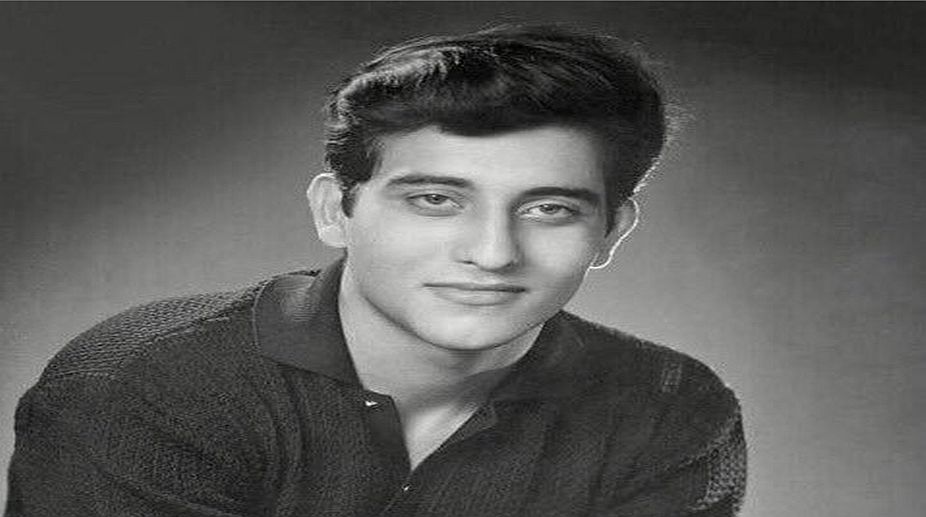A Dying Profession
The prolonged Covid-induced shutdown and the attendant paranoia have dealt a deadly blow to this hereditary profession, posing question marks on its very survival.

Vinod Khanna (PHOTO: TWITTER)
Imagine being at the crest of the hill called popularity and then, giving it all up to answer one’s inner spiritual calling. It decimates every convention but when was Vinod Khanna ever concerned about following set notions?
Born in Peshawar in 1946, Khanna was, without an iota of doubt, the most gorgeous male star of the 1970s but even so, he did not allow the burden of beauty to intrude his cinematic path. What else could account for him playing the moustachioed and dreaded dacoit, Jabbar Singh in Raj Khosla’s Mera Gaon Mera Desh? Though leading man Dharmendra received his only Filmfare Award nomination for the film, it was Khanna’s turn that still dazzles viewers — those bloodshot eyes and that tilaksmeared forehead spells menace even today. That said if one casts their minds back, Khanna started out playing negative characters in films like his debut feature, Man Ka Meet, followed by Purab Aur Pashchim, Sachcha Jhuta and Aan Milo Sajna.
Those were times when casting to type was the norm in popular Hindi cinema but Khanna was probably one of the first actors to successfully switch to solo hero parts from villainous ones. His first foray as a leading actor was in Hum Tum Aur Woh, which was followed by films like Achanak, Inkaar, Gaddaar, Aap Ki Khatir, Jail Yatra and Daulat.
Advertisement
But it was in multi-hero affairs that Khanna excelled beyond measure. Foremost among them has got to rank Manmohan Desai’s Amar Akbar Anthony — who can forget that incredible fight sequence with Amitabh Bachchan in a slum. Moving on from there, Khanna again memorably shared screen space with Bachchan in Muqaddar Ka Sikandar where he played a righteous lawyer in an eminently watchable performance. Qurbani with Feroz Khan, Zeenat Aman and Amjad Khan, saw him portraying a smooth criminal and the film certainly gave ample mileage to his unbridled good looks.
And then just like that, in 1982, he bid the arc lights adieu to follow his avowed guru, Osho on a spiritual quest at his ashram. Saira Banu, who worked with him on numerous films, says, “He was a superstar, who was praised for his extremely good looks. He did not care for that and went ahead to be a gardener. We used to ask him, ‘Why are you doing this and sabotaging your career this way?’ We used to tease him and call him a maali (gardener). He never took it to heart or felt bad. He just smiled and said, ‘But this is what gives me peace, and I am finding a lot of peace with it’.”
Five years later, Khanna made a comeback with back to back hits in Insaaf and Satyameva Jayate. The 1990s were quite barren for him on the work front but after the turn of the millennium, he reinvented himself as a character actor, mainly playing the role of the father in films like Wanted, Dabanng and Dabanng 2. His last screen outing was as Shah Rukh Khan’s father in Dilwale, a couple of years ago.
Lest one forget, Khanna was a four-time BJP Member of Parliament from Gurdaspur in Punjab and was in office at the time of his death.
But for the millions who love Hindi cinema of the 1970s and 80s, he was a shooting star who left a trail of glittering light in his wake.
Advertisement